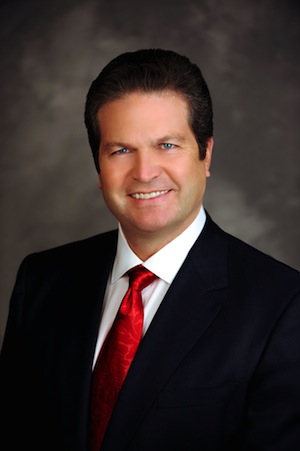Health care costs continue to spiral upward for all of us, and the latest studies show a primary cause is the vast number of unnecessary tests and procedures that doctors order to keep from being sued. This is known as defensive medicine.
A study commissioned by Patients for Fair Compensation, released in July, showed that Georgia’s economy could save $8 billion in health care costs annually if we eliminated the practice of defensive medicine within our borders.
That is an astounding figure that should give pause to our governor and lawmakers as they brace for some more tough decisions about future budgets and budget cutting.
Defensive medicine isn’t just costing those in the private sector. It costs taxpayers as well. According to BioScience Research, a health care economics firm, an estimated $4.5 billion is spent each year on Georgia Medicare patients and another $4 billion annually on Georgia Medicaid patients for unnecessary tests and procedures that doctors order in fear of being dragged into court.
BioScience Research found that five years after the implementation of a Patients Compensation System, doctors would change their behavior and stop ordering medically unnecessary tests such as CT scans and MRIs. The savings would total $5 billion annually.
Gov. Nathan Deal has ordered $553 million in budget cuts for fiscal 2014 and has asked that nearly half of that money come from the Department of Community Health (which includes Medicaid) and higher education.
State policymakers could find tremendous savings in Georgia’s budget if they took a step toward ending the practice of defensive medicine. We could do that by ending doctors’ fear of lawsuits by replacing our medical liability system with a Patients Compensation System.
A recent poll by Oppenheim Research of Tallahassee found that 96 percent of Georgia doctors believe a Patients Compensation System – one that resembles a workers’ compensation model – would stem the practice of defensive medicine.
Under a Patients Compensation System, a patient who was medically harmed could file a claim for review by a panel of experts. If that panel deemed the injury was “avoidable,” the claim would be forwarded to a compensation board to award compensation.
This would create a predictable model where patients are assured their cases would be heard. Injured patients would have access to justice. And unlike the current tort system, low-value claims would be heard. The system would provide compensation to more injured patients. They would receive predictable settlements in much faster time. Doctors would know they wouldn’t be hauled into court for frivolous reasons.
Florida’s Legislature is currently reviewing the proposed Patients Compensation System, which would bring more predictability to the medical liability system, eliminate defensive medicine and reduce health care costs. Georgia has more tough fiscal times ahead and needs to find health care savings as well. An $8 billion cost savings is something our leaders should not pass up, and a Patients Compensation System would be welcomed by patients and doctors.
Richard L. Jackson is the chairman and CEO of Jackson Healthcare, an Alpharetta-based health care staffing company, and is chairman of Patients for Fair Compensation, an organization dedicated to educating citizens and policymakers on the negative impact of defensive medicine on patient care.

